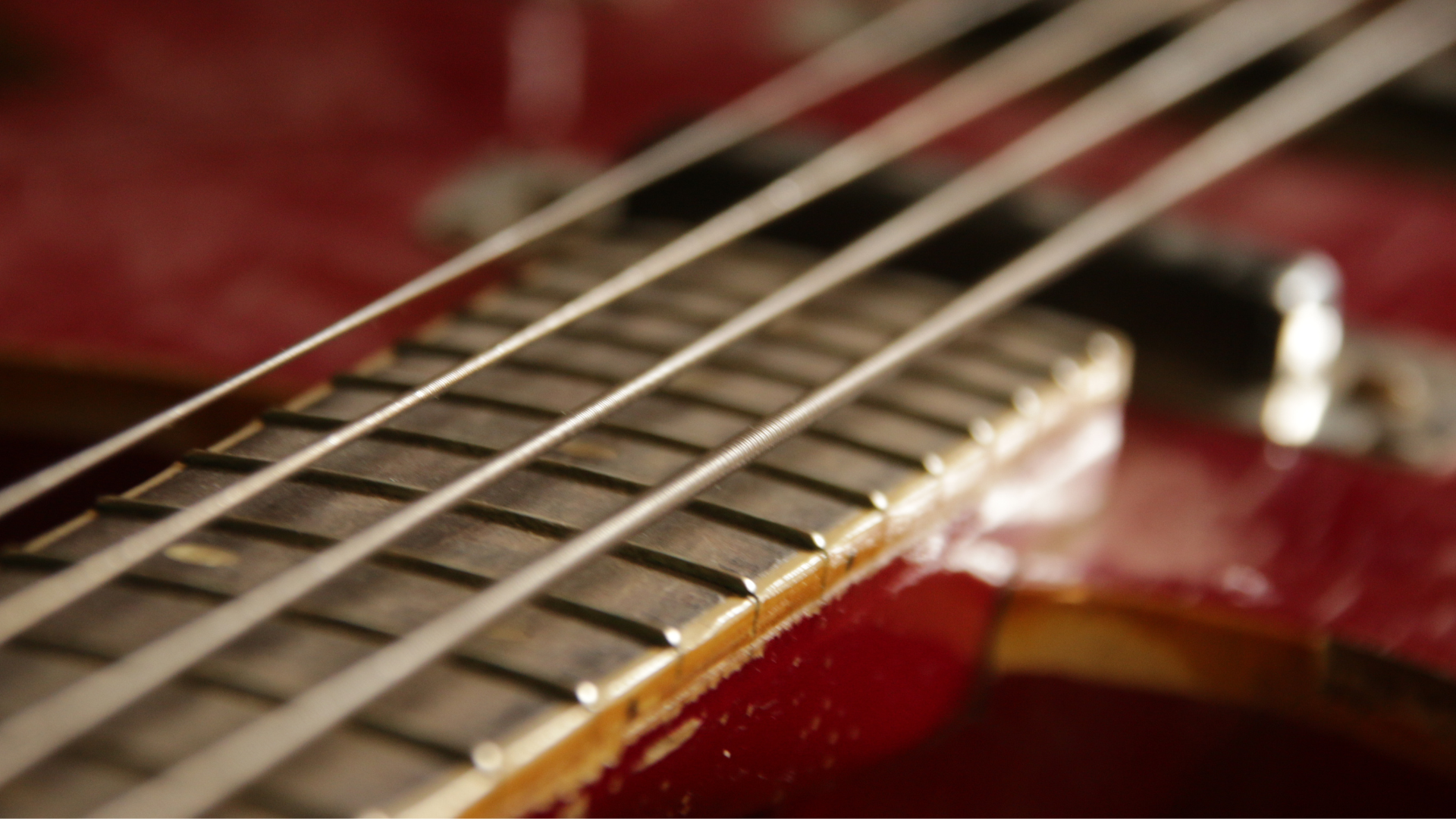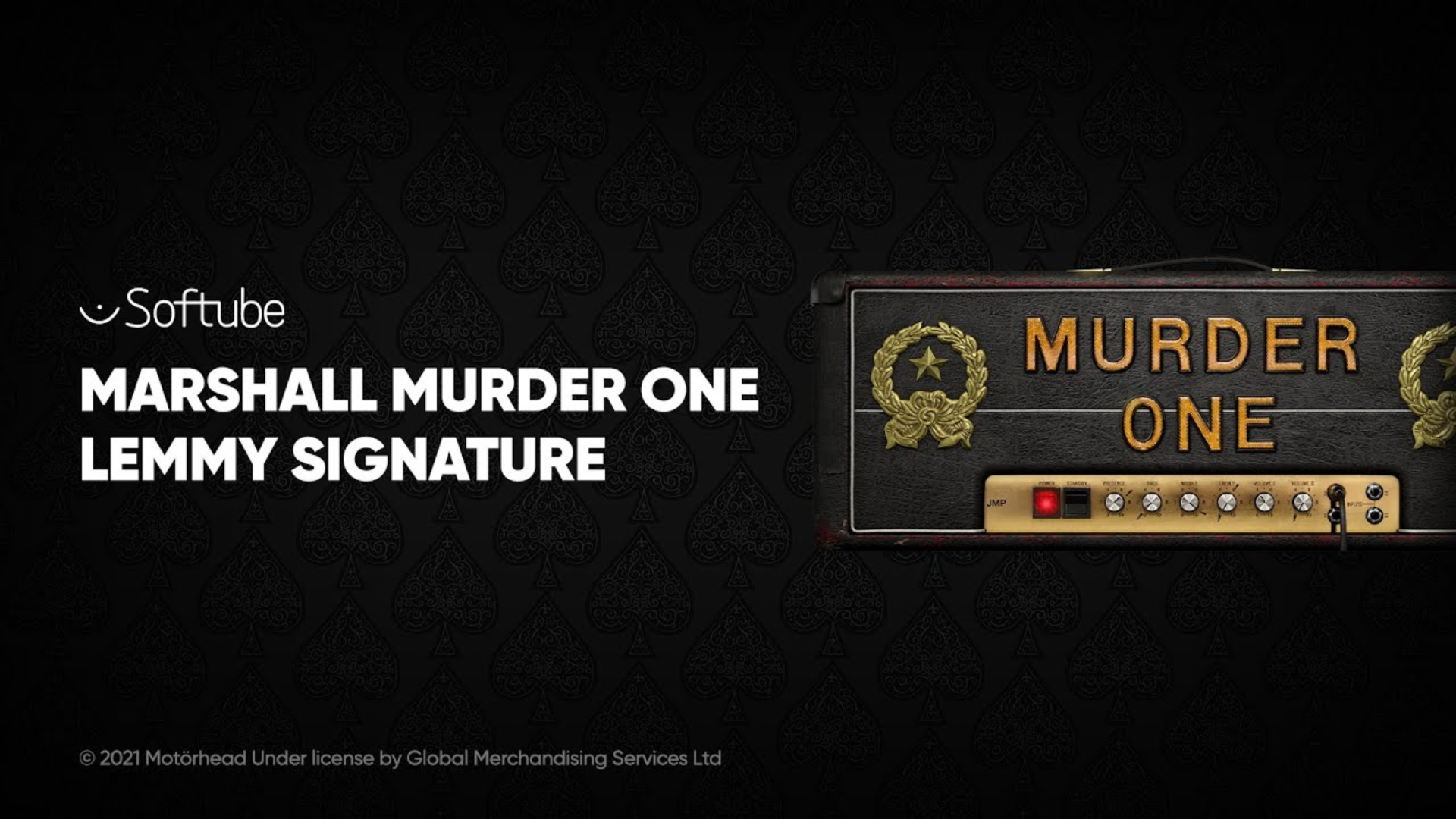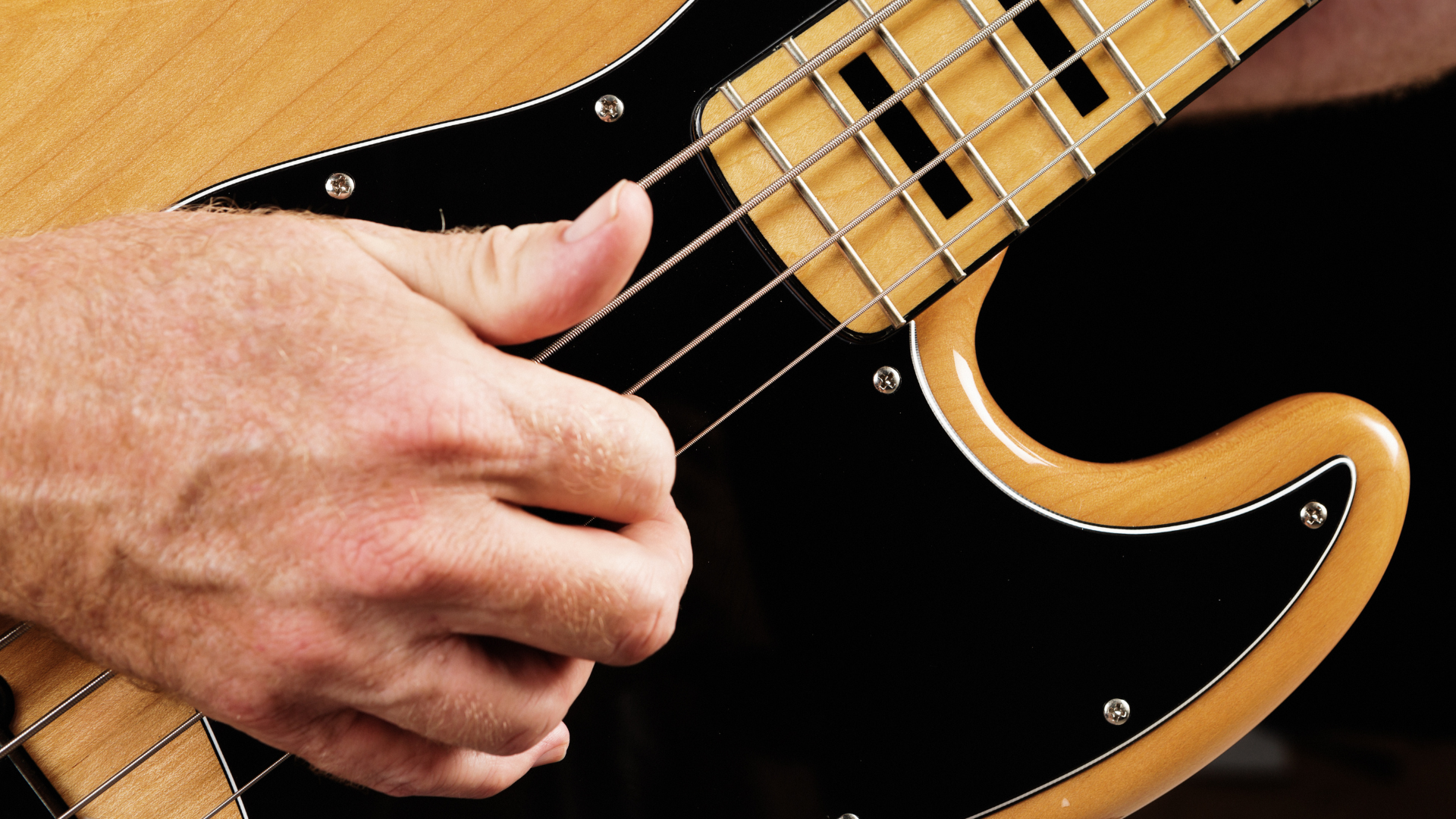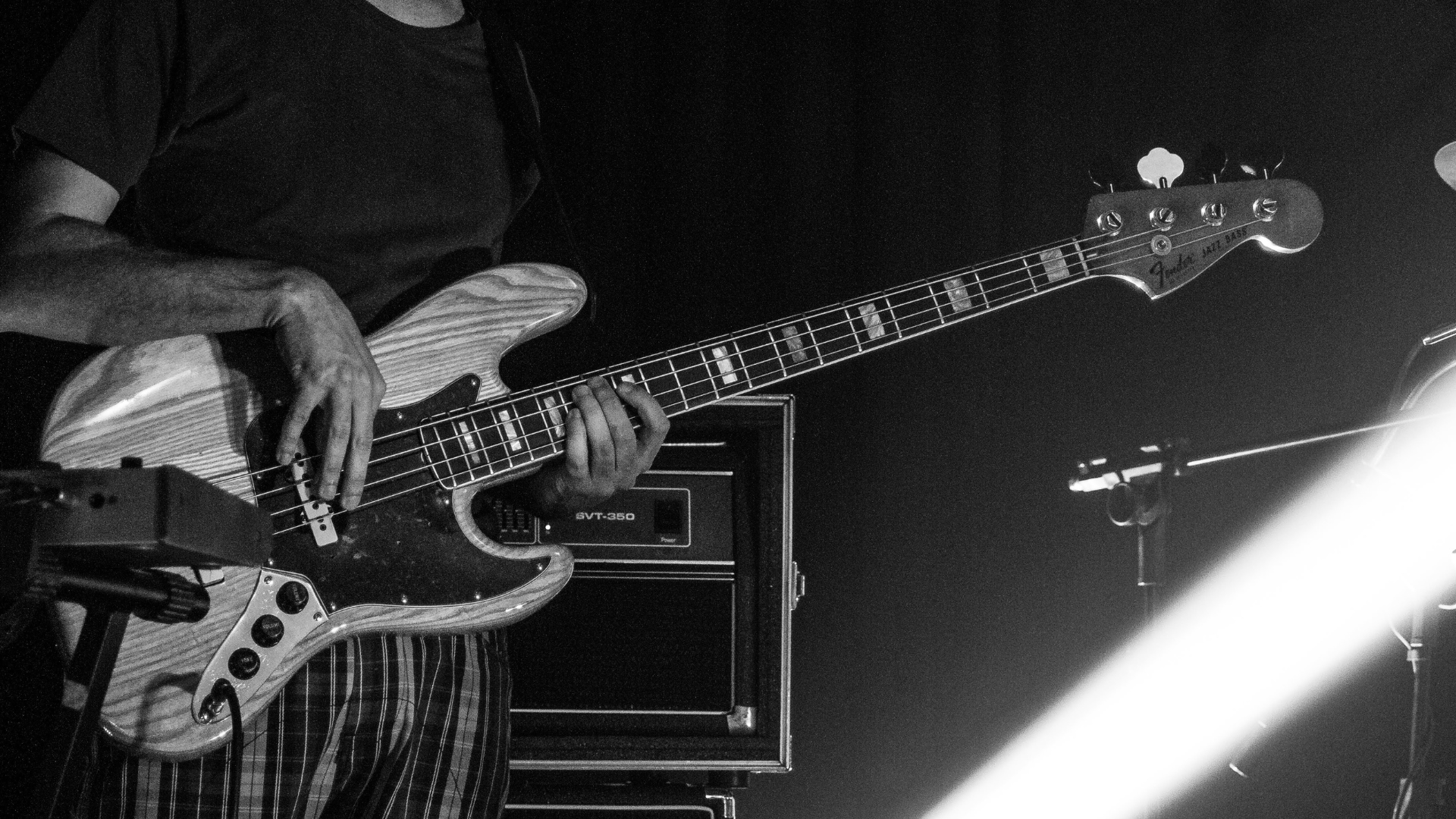Bass Guitar Strings: Names, Tuning, Types, and Price Guide
If you’re diving into the world of bass guitar, understanding your strings is essential. The right strings can shape your tone, improve playability, and even influence your technique. In this guide, we break down everything you need to know about bass guitar strings names, bass guitar strings tuning, the difference between roundwound and flatwound strings, and what to expect when it comes to bass guitar strings price.
Bass Guitar Strings Names: E, A, D, G Explained
Most standard 4-string bass guitars are tuned to E, A, D, G — from the lowest (thickest) string to the highest (thinnest). These strings are typically named after their corresponding pitch:
- E string (lowest pitch)
- A string
- D string
- G string (highest pitch)
Some 5-string and 6-string basses add a low B string or a high C string to expand the range. But for most bassists, especially beginners, E-A-D-G is the standard and the foundation of countless songs across every genre.
Tuning: Standard and Alternate Options
The most common bass guitar strings tuning is standard tuning: E-A-D-G, which matches the lowest four strings of a six string but one octave down. This tuning provides a great range for most music styles, from funk and jazz to rock and metal.
However, alternate tunings are popular too:
- Drop D tuning (D-A-D-G): Great for heavy rock and metal.
- Half-step down (Eb-Ab-Db-Gb): Often used in blues and rock.
- BEAD tuning: A 4-string tuned like the lowest four strings of a 5-string bass, offering more low-end power.
Always use a tuner when adjusting your strings to avoid damaging them or your bass’s neck.
Flatwound Bass Guitar Strings vs. Roundwound: Which Should You Choose?
When shopping for strings, you’ll see two major types: flatwound and roundwound. Each delivers a unique tone and feel.
- Flatwound: These strings have a smooth surface and deliver a warm, mellow tone. They’re a favorite in jazz, soul, and vintage rock. Flatwounds reduce finger noise and tend to last longer, making them ideal for players who love that classic thump.
- Roundwound: These are brighter and more aggressive in tone, with more sustain and overtones. They’re widely used in funk, slap bass, and modern rock.
There are also half-round and tapewound options for players looking to find a middle ground or more niche tone.
Bass Guitar Strings Price: What Should You Expect to Pay?
Bass guitar strings price can vary based on brand, material, and type. Here’s a general breakdown:
- Budget sets: $15–$25 (great for beginners or backup basses)
- Mid-range sets: $25–$40 (most common for everyday players)
- Premium or specialty sets: $40–$70+ (includes flatwounds, coated strings, and custom gauges)
Top brands like D’Addario, Ernie Ball, DR Strings, and La Bella all offer high-quality options at various price points. While flatwound strings cost more upfront, they often last longer than roundwound strings, giving you more value over time.
Final Thoughts
Choosing the right bass guitar strings isn’t just about price — it’s about your tone, your genre, and your personal feel. Whether you’re learning the bass guitar strings names, experimenting with alternate tuning, or trying out your first set of flatwound bass guitar strings, the right strings can make all the difference.
For more tips, reviews, and guides, keep exploring UltimateBassGuitar.com, your go-to resource for all things bass.



